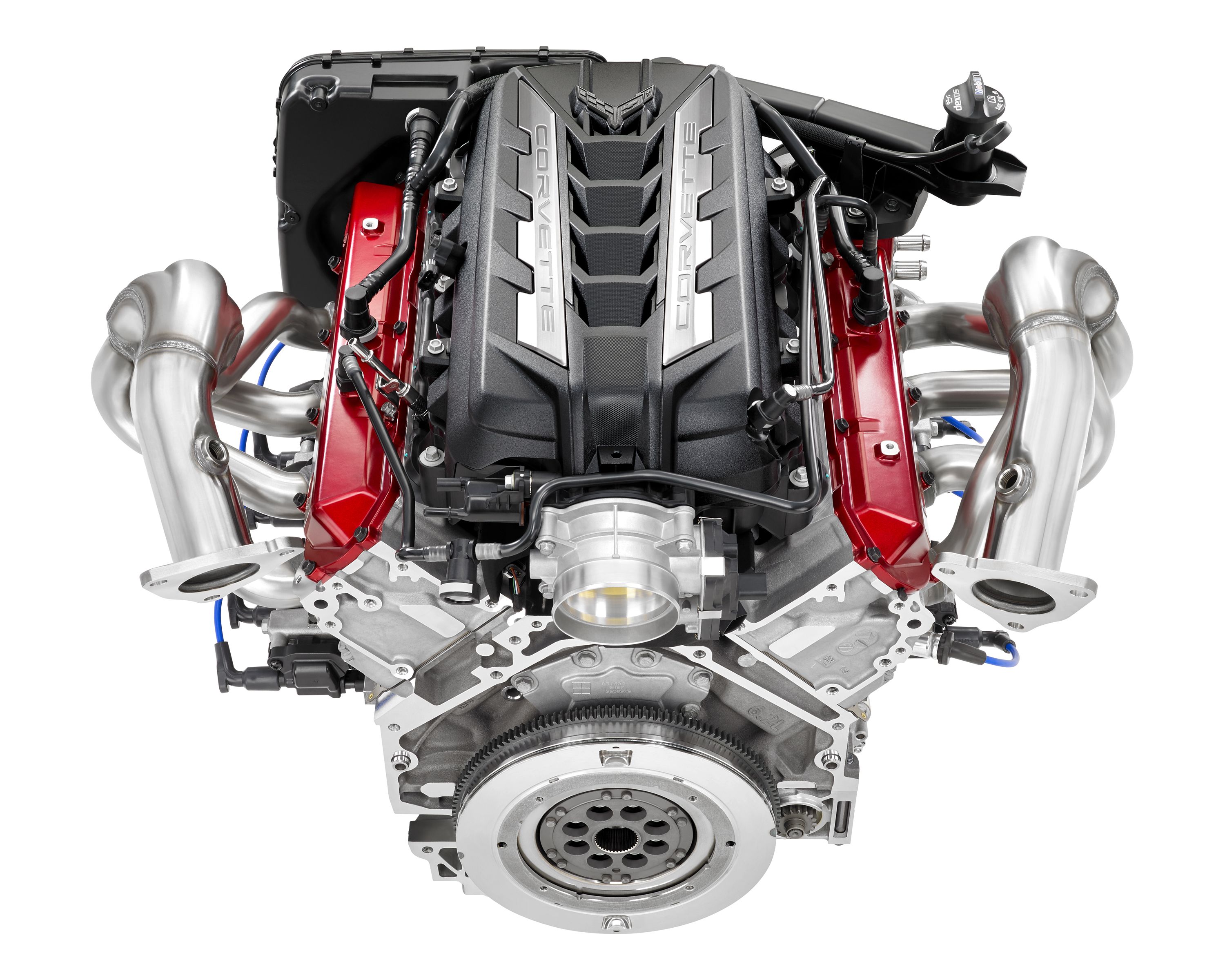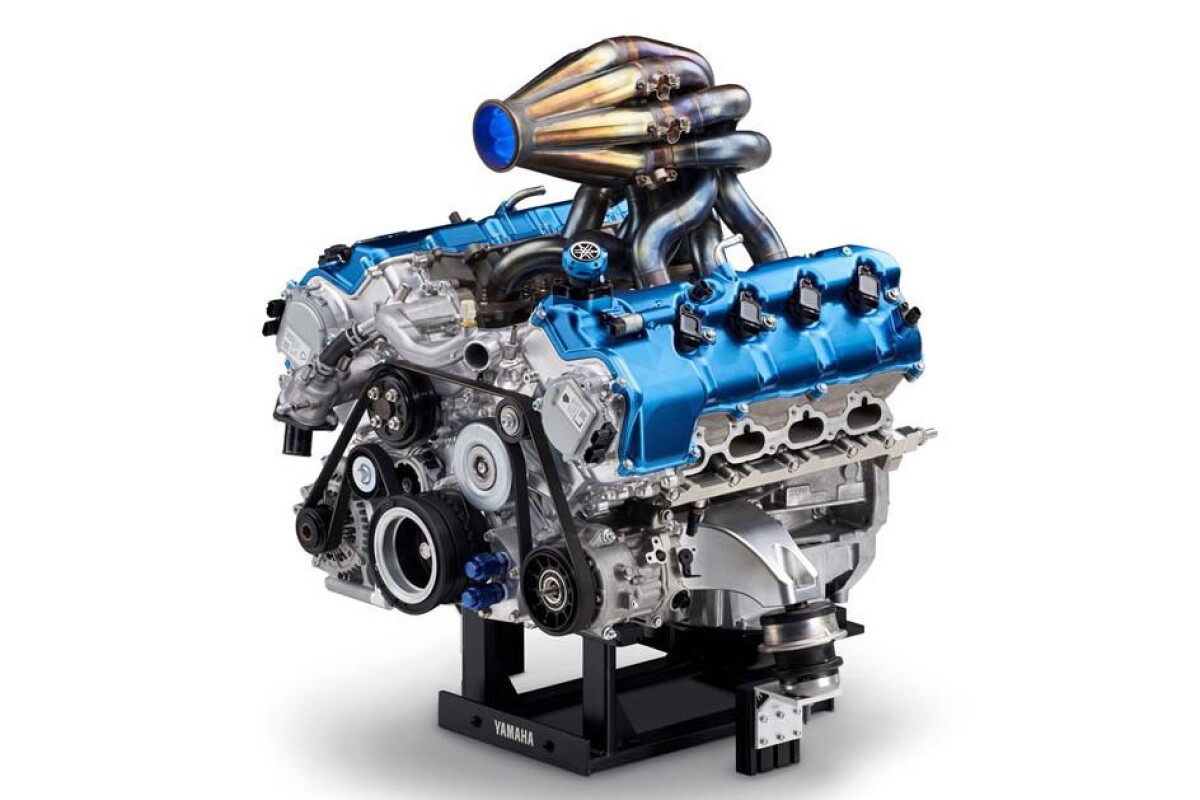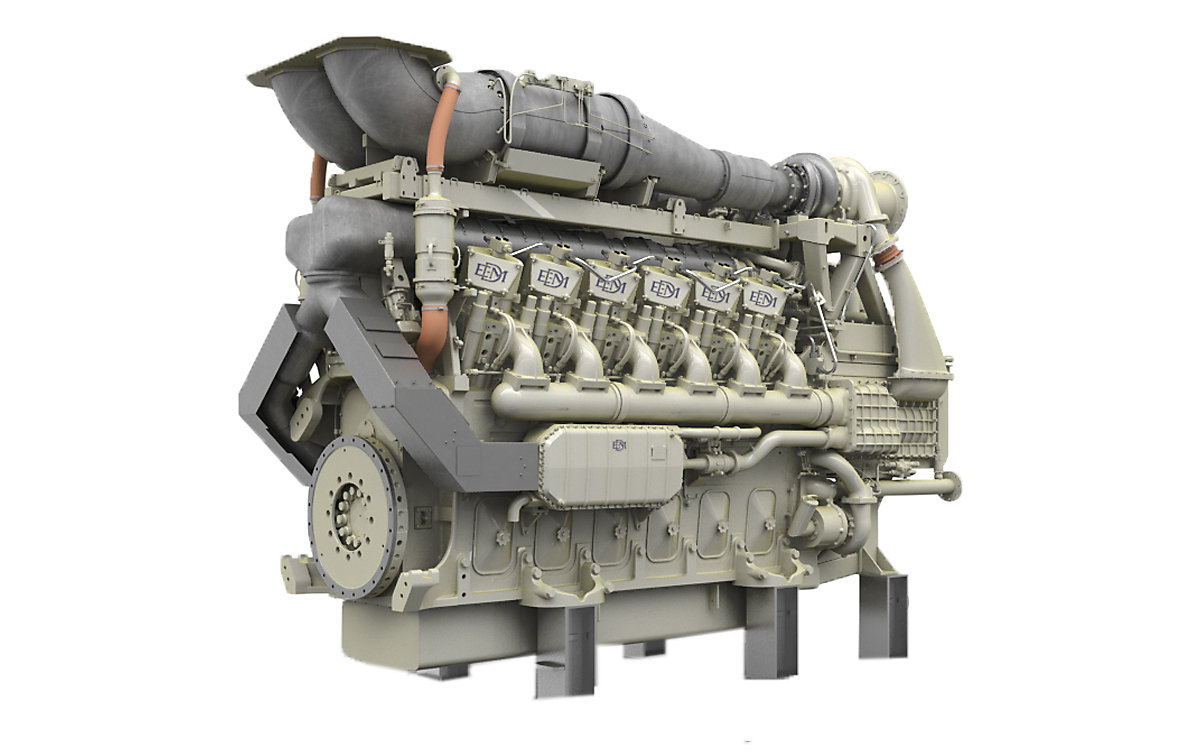Client Testimonials: Why Engines For Africa Stands Out
Client Testimonials: Why Engines For Africa Stands Out
Blog Article
Discover a Variety of Engines for each Vehicle and Function
The automobile landscape is progressively complicated, with a varied array of engine types made to meet specific efficiency and performance requirements across different automobile classifications. In addition, sturdy engines offer the needs of work cars, while eco-friendly alternatives are obtaining grip in the search of lasting transportation.
Sorts Of Automotive Engines
Automotive engines can be categorized into several unique types, each developed to fulfill specific efficiency and performance needs. The most common categories consist of internal combustion engines, electrical engines, and crossbreed systems.

Electric engines, on the various other hand, operate electrical power saved in batteries, providing instantaneous torque and absolutely no exhausts. These engines are coming to be significantly prominent due to advancements in battery technology and the growing focus on sustainability.
Hybrid systems combine both interior burning and electrical engines, allowing cars to maximize fuel effectiveness and reduce exhausts by perfectly switching over between power resources. Each engine type provides its advantages and drawbacks, influencing aspects such as car layout, intended use, and market demand. When picking the appropriate engine for their certain requirements., recognizing these differences is essential for producers and consumers alike.
Performance Engines for Sports Cars
Performance engines for cars are specifically engineered to supply boosted agility, speed, and power, establishing them besides typical automobile engines. These engines commonly utilize innovative modern technologies such as turbocharging, supercharging, and variable shutoff timing to optimize effectiveness and responsiveness.
Typically, performance engines are designed with higher compression proportions, which enable better energy extraction from fuel. This leads to excellent horsepower and torque figures, allowing rapid acceleration and greater leading rates. Moreover, the light-weight materials made use of in these engines, such as light weight aluminum and carbon fiber, add to minimized overall automobile weight, enhancing handling and ability to move.
Engine configurations like V6, V8, and also hybrid systems prevail in performance cars, each offering distinct advantages in terms of power distribution and driving characteristics. The tuning of these engines is likewise important; many suppliers enhance the engine monitoring systems to offer a thrilling driving experience, often including sporting activity settings that readjust throttle reaction and equipment changes.
Efficient Engines for Daily Commuters
In the world of daily travelling, effective engines play an essential function in maximizing gas economic climate and decreasing emissions while supplying reliable efficiency. As metropolitan populaces grow and environmental problems magnify, the need for cars equipped with reliable powertrains has actually risen.
Modern engines made for day-to-day commuters usually include technologies such as turbocharging, direct gas injection, and hybrid systems. Turbocharging enhances engine effectiveness forcibly more air right into the burning chamber, permitting smaller, lighter engines that do not endanger power outcome. Direct fuel injection boosts fuel atomization, leading to far better burning and raised performance.
Hybrid engines, combining inner combustion with electrical power, more augment fuel economy, particularly in stop-and-go website traffic, where typical engines can experience from inefficiencies. Electric motors help during acceleration and can run individually at low rates, reducing general gas intake.
Moreover, innovations in engine management systems and light-weight materials contribute dramatically to effective engine layout. By concentrating on performance, longevity, and environmental sustainability, manufacturers continue to provide engines that not just meet the demands of everyday travelling yet also align with worldwide initiatives to minimize carbon footprints.
Heavy-Duty Engines for Job Cars
Sturdy engines for job cars are routinely crafted to deliver outstanding torque and dependability under demanding problems. These engines are developed to carry out in environments where traditional engines might falter, such as construction websites, logging procedures, and agricultural setups. The primary emphasis of durable engines is their ability to create high levels of power while keeping sturdiness over prolonged durations of operation.
Commonly, durable engines utilize innovative materials and durable construction strategies to stand up to the rigors of hefty work. Features such as enhanced cylinder blocks, boosted cooling systems, and progressed gas shot innovations contribute to their efficiency. These engines usually operate at reduced RPMs, which aids to enhance gas effectiveness while giving the necessary power for hauling and pulling.
In enhancement to mechanical robustness, durable engines are often furnished with innovative digital control units (ECUs) that manage efficiency, discharges, and diagnostics. This assimilation permits better tracking and upkeep, ensuring that work cars stay operational and effective.
Inevitably, heavy-duty engines are an essential component in the productivity of various industries, supplying the essential power and integrity to take on the hardest of tasks.
Eco-Friendly Engine Options
The growing focus on sustainability has brought about the advancement of green engine alternatives that focus on minimized exhausts and improved gas effectiveness. These engines are created to reduce the ecological effect of vehicles while still providing the efficiency and reliability expected by customers.
Amongst one of the most significant green options are hybrid and electric engines. Crossbreed engines incorporate conventional inner burning engines with electric propulsion, enabling decreased fuel usage and lower greenhouse gas discharges. Electric engines, on the other hand, operate totally on battery power, creating zero tailpipe discharges and adding to cleaner air top quality.
An additional encouraging development is the advancement of biofuel engines, which make use of sustainable sources, such as plant Bonuses products, to power lorries (Engines For Africa). By utilizing biofuels, these engines can decrease dependence on nonrenewable fuel sources and reduced general carbon impacts

As the automobile industry progresses, environment-friendly engine choices will play a critical function in driving the shift in the direction of even more lasting transport solutions.
Conclusion
From high-performance engines that enhance sporting activities cars and truck abilities to efficient versions focusing on fuel economic situation for everyday commuters, each kind serves a specific function. Sturdy engines cater to robust job lorries, while environment-friendly options, such as electric and biofuel engines, advertise lasting transport.

Report this page